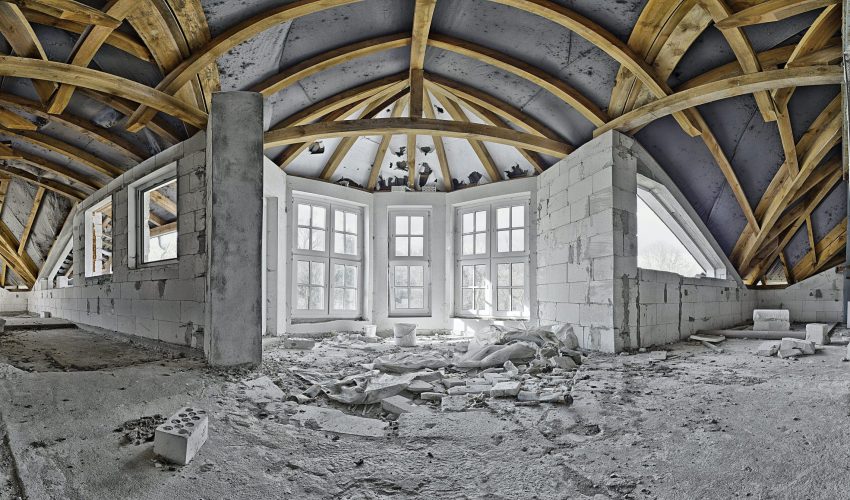A residential demolition project is a carefully planned and executed process of dismantling or destroying residential structures or homes to make way for new construction, renovations, or to remove unsafe or obsolete residential buildings. Here are some key aspects of a residential demolition project:
- Project Planning: Residential demolition projects start with thorough planning, including assessing the residential structure, obtaining necessary permits, and ensuring compliance with local building codes and safety regulations.
- Safety Considerations: Safety is a top priority in residential demolition. Demolition teams take precautions to protect workers and ensure the safety of the surrounding environment. This may involve installing protective barriers, conducting safety assessments, and following safety protocols.
- Environmental Concerns: Residential demolitions can generate debris and dust, which may have environmental impacts. Proper disposal of materials and dust control measures are essential to minimize these effects. Salvaging materials for reuse is also an eco-friendly option in some cases.
- Demolition Methods: Different methods may be used for residential demolitions, depending on the size and type of the structure. Common methods include:
- Mechanical Demolition: Using machinery like excavators and bulldozers to dismantle the residential building.
- Deconstruction: Carefully disassembling the structure to salvage materials for reuse or recycling.
- Waste Management: Properly managing demolition debris and waste is important. This includes sorting and disposing of materials responsibly, recycling when possible, and following regulations for hazardous materials disposal.
- Site Cleanup: After the residential demolition is complete, the site is typically cleaned and prepared for the next phase, such as new construction or landscaping.
- Documentation: Residential demolition projects may require documentation, such as records of materials removed, disposal receipts, safety inspections, and compliance with permits and regulations.
Residential demolition projects are typically smaller in scale compared to commercial or industrial demolitions, but they still require careful planning, safety measures, and adherence to environmental and regulatory standards to ensure a successful and safe outcome.

